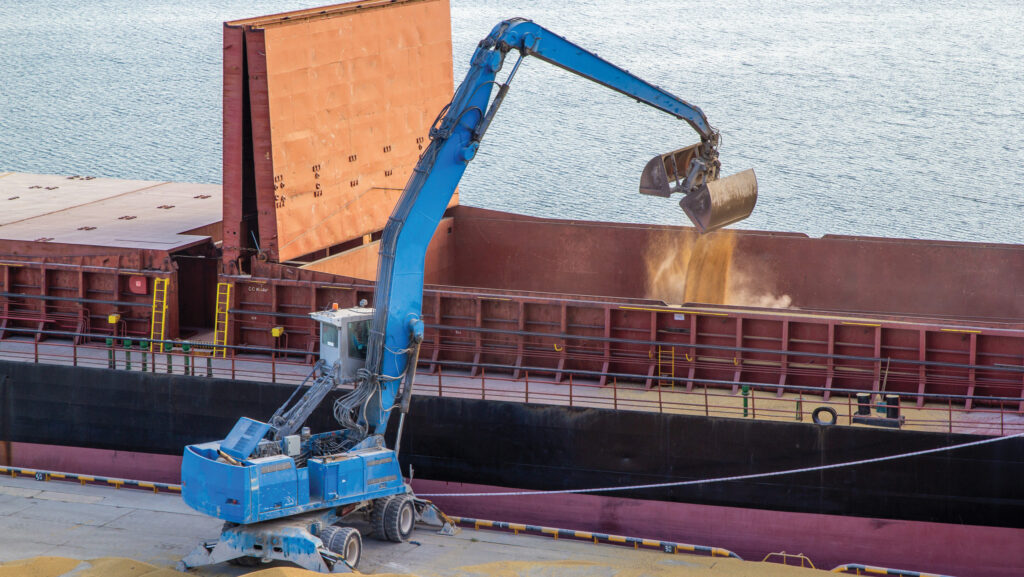Ag markets react sharply to conflict in Middle East
 © Iuliia Korniievych/istockphote
© Iuliia Korniievych/istockphote Fuel, fertiliser and oilseeds markets have experienced considerable volatility in recent days, driven by escalating geopolitical tensions in the Middle East.
Initial reports of conflict caused markets to rally last week with fears of supply disruption through the Strait of Hormuz, which accounts for more than 20% of global seaborne oil trade.
However, many commodity prices have since fallen back following the announcement of a ceasefire between Israel and Iran.
See also: Ex-farm spot wheat outperforms futures prices
On 19 June Brent crude surged to its highest point in five months, at $78.85 (£57) a barrel, before settling back to $66.70 (£49) a barrel midweek.
Farm businesses are being encouraged to lock in orders for fuel now ahead of harvest, as prices drop back in line with pre-conflict levels but remain volatile.
Knight Frank research analyst Khadija Hussain said: “Oil prices have reversed recent gains, with Brent crude recording its largest single-day decline since 2022, down 5.6%. Despite elevated risk premiums, prices appear to have stabilised for now.
“The International Energy Agency expects global oil supply to exceed demand in 2025, reinforcing the recent downward trend in prices and supporting a more subdued oil price environment.”
Rapeseed
Traders at Dewing Grain suggest the sharp fall in crude oil prices also weighed heavily on oilseeds markets.
Paris rapeseed futures had rallied last week to a high of €511.25/t (£436/t) on 20 June for the August contract. However they have since dropped back considerably to open at €484/t (£412/t) on 25 June.
United Oilseeds noted that prices had started to receive some support on 25 June after falling back at the start of the week. However, it added that the strengthening pound had limited any major gains.
Delivered prices for harvest, collected midweek, stood at £42/t for Erith, while November delivery was priced at £428/t.
Fertiliser
Global supplies of fertiliser were already tight ahead of the recent conflict and with the potential further tightening of supplies, markets have been fairly bullish.
Some suppliers have temporarily withdrawn from the marketplace, given the unsettled trading environment and risk to shipping routes.
Frontier Agriculture has estimated that the Middle East exports more than 30% of global urea, as well as being a major producer of gas and ammonia.
Analysts at Frontier said: “The most concerning cause is that Iran has called a halt to ammonia-urea production in the country with the recent attacks between Iran and Israel.
“The latter has turned off some of its gas supplies over safety fears, and this, coupled with an attack on a Russian nitrogen factory by Ukraine, has led this facility to cease production.”
Granular urea was already trading at £397/t in May, up £54/t on the same month last year, and prices are likely to have received further support in the past week.
Meanwhile, UK-produced and imported ammonium nitrate averaged £380/t and £372/t, respectively, in May, both back slightly on month-earlier levels but still higher year on year.
